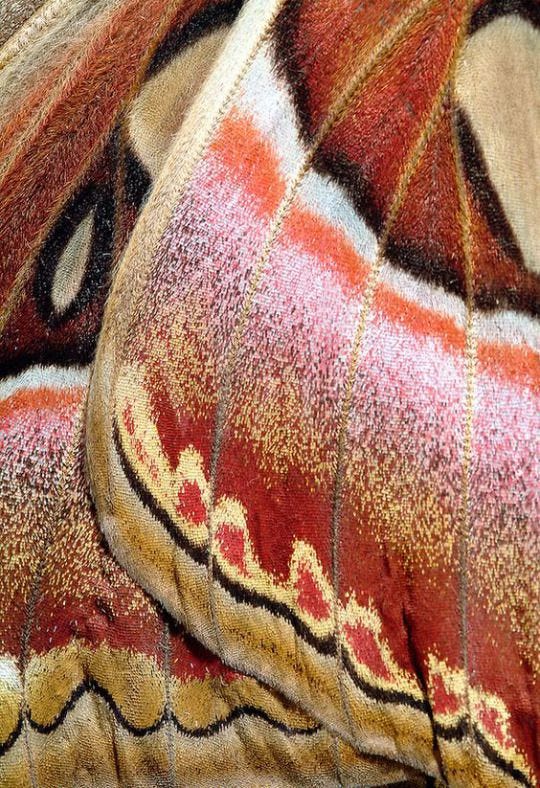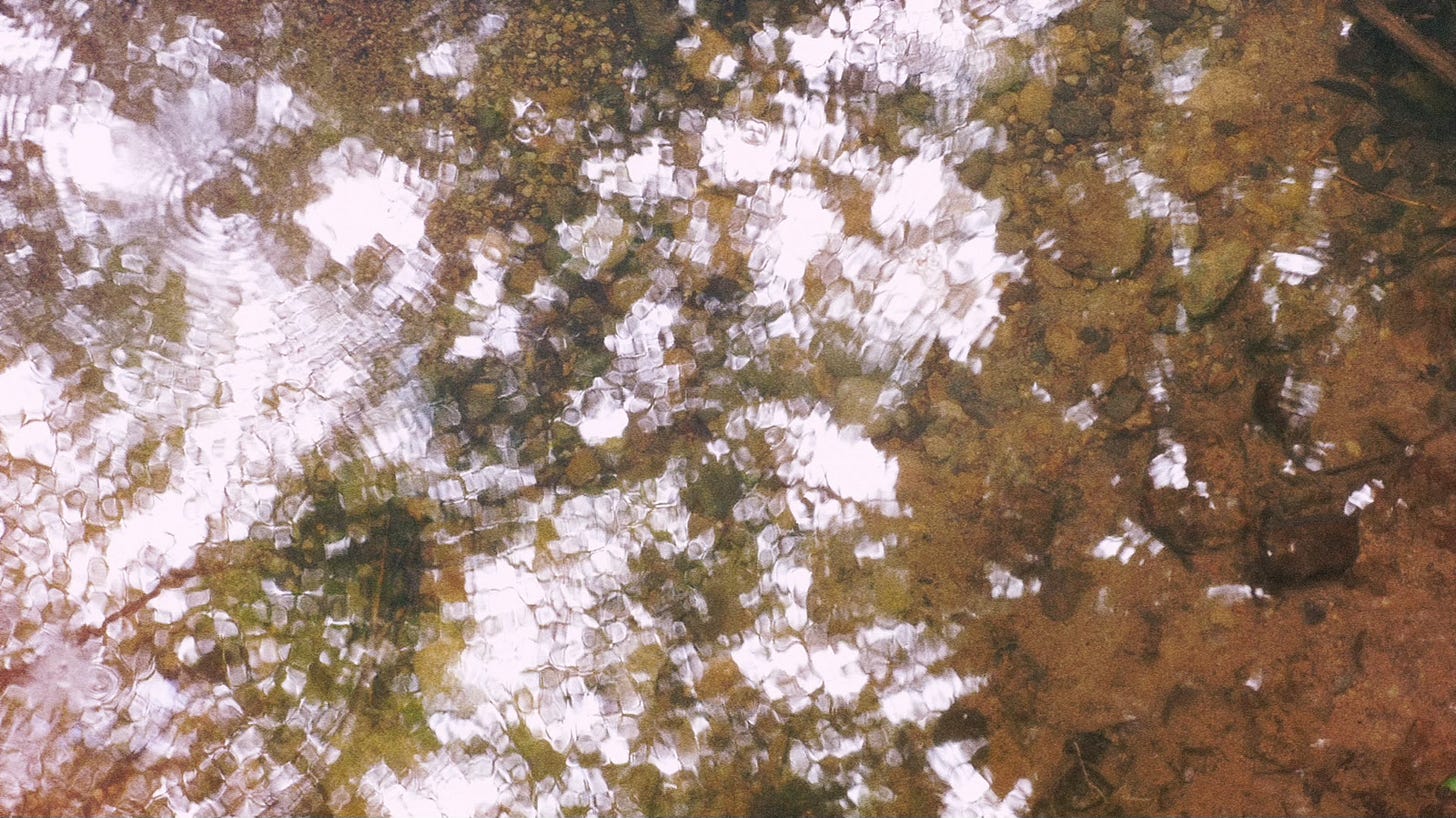Lost and Found is now titled Rewilding. It was almost named this at its inception a year ago, but more and more this word seems to hold all that I am freshly focused on exploring here with you, so welcome to the new space. Here’s a little tour.
re·wild /rēˈwīld/: A conservation effort aimed at restoring and protecting natural processes and areas back to its natural uncultivated state.
Over the last few years I’ve been paying attention to the many ways in which our modern culture attempts over and over again to pick something out from its greater environment, tries to reduce things down to some singular standout feature or quality, and works earnestly in an effort to find the magic bullet to health or happiness or “optimization”, proudly plucking it out from its necessary context as The Answer — when absolutely everything so clearly and intimately relies so heavily on absolutely everything else.
I saw this all the time with food and physical well being: some particular vitamin or nutrient is hailed the cure-all, and its trending fame gets it extracted and turned into some pill or supplement of sorts, which may have some benefits, but at scale is missing the important synergistic interaction between the full and whole food and our full and whole body. Or the reverse happens, where one particular nutrient is demonized and banished, mechanically removed from everything we consume and avoided at all costs — an oversimplifying that on the surface seems like an advancement of our health or our understanding of our health, and maybe sometimes is, but on a deeper level, the oversimplifying itself is the very thing that reveals our ignorance and lack of understanding, altogether.
This phenomenon of separating disparate components out, and of thinking as ourselves as entirely separate from that which we are studying, exists beyond our pantry and spills well into our mental and emotional environments, our social and collective spaces, and beyond — and more and more I can’t help but think how woefully misguided we are about this, and how desperately we could all benefit from beginning to see everything, including ourselves, as a whole, rather than simply a sum of parts.
A human being is a part of the whole called by us universe, a part limited in time and space. He experiences himself, his thoughts and feeling as something separated from the rest, a kind of optical delusion of his consciousness. This delusion is a kind of prison for us, restricting us to our personal desires and to affection for a few persons nearest to us. Our task must be to free ourselves from this prison by widening our circle of compassion to embrace all living creatures and the whole of nature in its beauty.
― Albert Einstein
Our modern lives of comfort and industry have surely, on average, improved our general baseline of health and ease, but also just as surely have nudged us further and further away from the very elements that formed us and grew us and taught us. Our screen time is in many ways now our life, and the collective voyeurism that it sustains keeps us jockeying for status and addicted to ranking and comparing and “improving” ourselves instead of cultivating and listening to the native wisdom that blooms within. And because of this and many other factors, for most of us, our emotional diet consists primarily of shame and anxiety and aloneness and stress as we find ourselves always reaching for the fastest way out, The Fix that will make our lives feel like the moment when the sad sap in the infomercial starts living in color instead of black and white.
We sense this, we know this, we see this. This is not news to anybody. But what I think gets lost as we ponder the impacts of our various modern maladies, is that the solution isn’t one isolated thing that we pluck out and practice, but rather a cohesive understanding of the whole, and our place within and as it. In other words, to feel the way we so often long to feel, we don’t need to just start meditating or journaling or therapy or running. These things may support us, but they are often merely facets, tools, glimpses of a bigger picture — supplements.
We miss this bigger picture in our efforts to establish meaning and profundity and satisfaction in our lives even more so when we combine this extraction with the tendency to demonize parts of ourselves and attempt to banish the bad parts and the weird parts and the undesirable parts, using our favorite western weapons of discipline and control. And it’s no surprise then that this is also how we also tend to consider others, our culture and communities at large: binaries, singular features of either good or bad moral valence plucked from context, with people being pedestal-ized or ostracized in equal measure in our noble efforts to improve our collective experience.
But the truth is that nothing actually works in this way. Nothing is singular, nothing stands alone, nothing is separate or isolated, and very few things in this world are actually, irreducibly, good or bad. We need not attempt to Solve It All The Right Way, but rather to learn to honor the fractal shattering of complexities that surround us and inhabit us, and be curious enough not to fix, but to grow — unevenly and imperfectly, maybe — but with the kind of depth and richness that can only come from ample experience holding the weight of opposing truths, simultaneously.
However! This isn’t to say that there isn’t also a place for some skillful distillation. Over the years, through the insights gained from my work, my meditation practice, sitting retreats, and regular psychedelic journeys, it has become increasingly clear to me that the most salient and transformational experiences in this life are not some triumph of acquisition, but rather a quiet place of knowing that we return to. We are enriched and awakened not when we ascend to some lofty level, but rather when we come back to the ground floor of who and what we really are.
Because before we are teachers or engineers or artists we are humans — a curious, sentient, breathing awareness outfitted with limbs and dreams — and the further we drift from that basic but foundational truth the further we drift from that which sustains us. It is only when we attune to the animal beneath the logic, when we practice the simple embracing of our full and complex nature, that we become most alive. But, in the words of David Whyte, how much time do you make for yourself to sit down and be quiet – to be silent? Just to sit down in the chair and find out who's there amidst the approaching revelations of the world?
We chronically offer ourselves so few opportunities to look beyond our calendars and concerns, to step out from under the florescent bulbs and into the sunlight, to just sit down, look up or look within, and marvel at our existence. How painfully our relationship with awe has suffered in exchange for productivity and busyness and distraction. How often we remain totally blind to the fact that nature isn’t just out there, a place we go visit on the weekends, but that it’s also in here — we are nature.
And so, this is where I intend to focus in my work. To rewild ourselves, to return to and revere our nature, is to remember that we are made of the wind and the soil and the pines, that we are the improbable, animated manifestations of a universe that is quite literally shimmering all around us at every moment, a mystery that is living through us, that we are participant in. To rewild ourselves is to shake off the countless layers of distraction and illusion and stories of separateness and it’s to recognize how fundamentally we are connected to and shaped by and reliant on each other and every aspect of the various environments in which we inhabit. It is to understand that there is nothing about or within ourselves that is wrong or broken, and we (ourselves or others) are not projects that we need to fix.
Rewilding ourselves is to hone our attention into the present and sharpen our senses and feel more clearly and attune to our ancient, interior knowing. It’s to make room for play, for wonder, for silence. It’s to fill our bodies all the way out and then some, it is to tend to all of the world, including ourselves, with precious care. It is to recognize our innate, immovable wholeness — even in the pain, in the chaos, in the mess — and to regard both the dark and the light and the networks of paradoxes and mystery that bind them together, as we would a forest or the wing of a butterfly: perfect and wild and miraculously made.
I thought the earth
remembered me, she
took me back so tenderly, arranging
her dark skirts, her pockets
full of lichens and seeds. I slept
as never before, a stone
on the riverbed, nothing
between me and the white fire of the stars
but my thoughts, and they floated
light as moths among the branches
of the perfect trees. All night
I heard the small kingdoms breathing
around me, the insects, and the birds
who do their work in the darkness. All night
I rose and fell, as if in water, grappling
with a luminous doom. By morning
I had vanished at least a dozen times
into something better.-Mary Oliver
Welcome to Rewilding.
xo,
Taylor







I am so here for this.
We are on a similar mission! 🌻